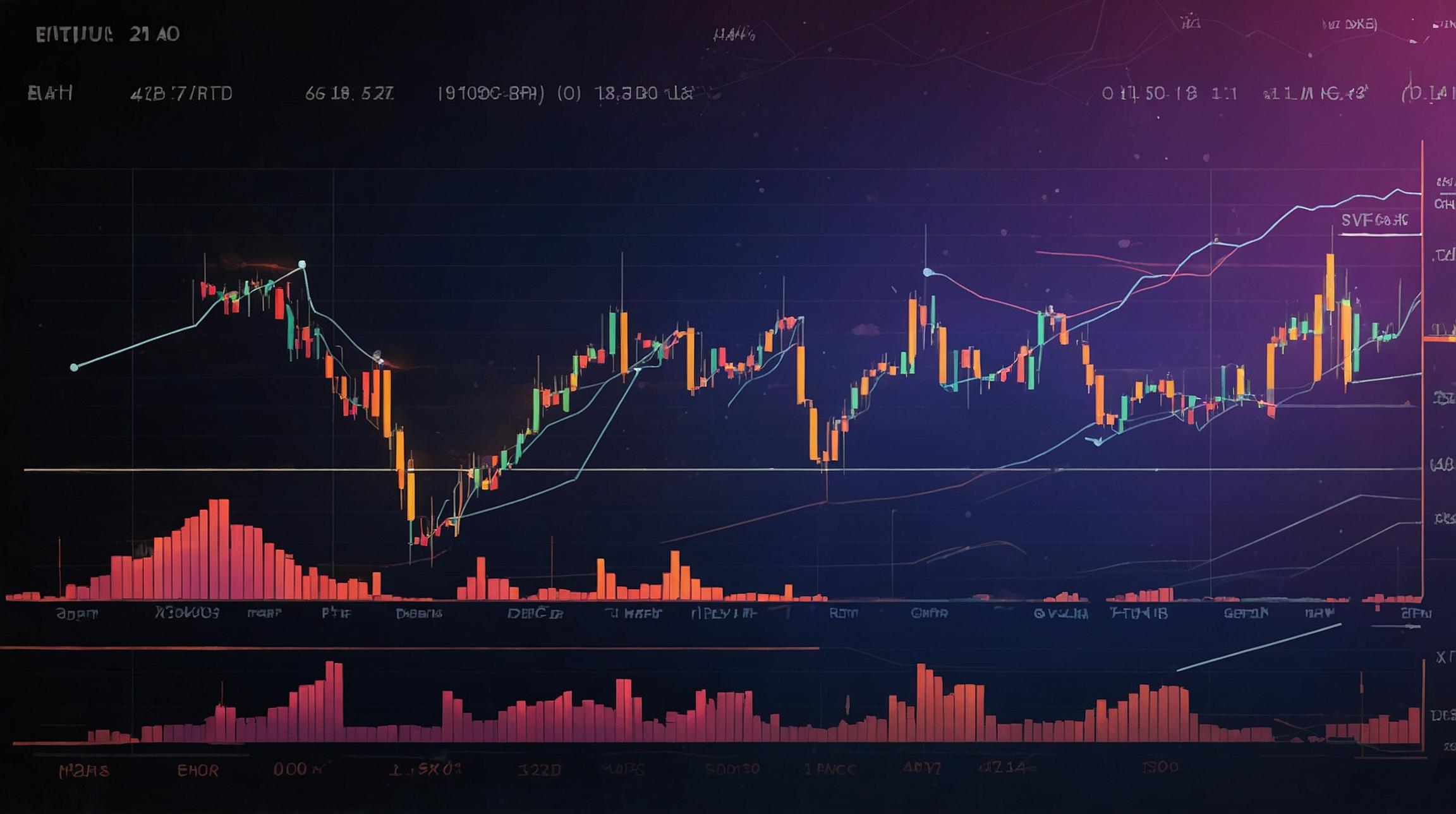The Power of Women Entrepreneurs
Returning to my village in Bungoma County, I saw the potential in women and girls aspiring to be entrepreneurs. I was reminded of my own journey in finance, supported by my father, which contrasted sharply with the challenges faced by many women in my community. Economic survival is a daily challenge for them, especially for those forced into early marriages.
Barriers to Entrepreneurship
For women in Africa, entrepreneurship offers hope amid limited employment opportunities. Despite making up a quarter of Africa's entrepreneurs, women struggle with accessing capital. The lack of financial resources and educational opportunities in financial literacy hinders their ability to formalize business plans and secure loans. In Kenya, the absence of collateral like land or property further complicates access to credit, making it harder for women to grow their businesses.
Impact of Closing the Capital Gap
A $1.7 trillion gap exists between the capital women need and what they receive. Closing this gap could add $6 trillion to global GDP. Women tend to reinvest in their families, enhancing education and healthcare, while their business growth boosts local economies by creating jobs and stimulating demand. Successful women entrepreneurs bring diverse perspectives to male-dominated industries, fostering economic resilience.
Small Loans, Big Impact
Innovative solutions are emerging to improve women's access to capital. Consider Mary from Mombasa, who used a small loan to expand her secondhand clothing business. With a loan of 20,000 KSh ($150) from KCB Bank Kenya, Mary bought better quality bales, resold at higher margins, and eventually employed permanent staff. Her story exemplifies the profound impact of accessible financial services.
Unlocking Access to Capital
KCB Bank has committed $1.9 billion to support female-led enterprises. With support from the Bill & Melinda Gates Foundation and the European Investment Bank, a €30 million program in Kenya aims to improve microfinance access, with a focus on women. Such programs highlight the potential of collaboration to unlock capital access.
The Role of Education in Empowerment
Beyond capital, education is vital. KCB Bank's financial literacy workshops, launched in 2009, help women develop critical skills in navigating financial systems. These workshops have grown as women invite peers, even competitors, recognizing the power of shared learning and mutual support.
In conclusion, investing in women's economic potential is essential. Ignoring this opportunity poses a greater risk to the economy than embracing it. Women entrepreneurs are not just a key to growth; they are a pillar of Africa's economic future.













